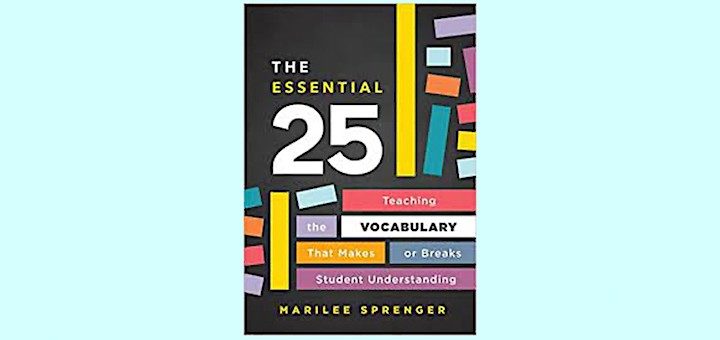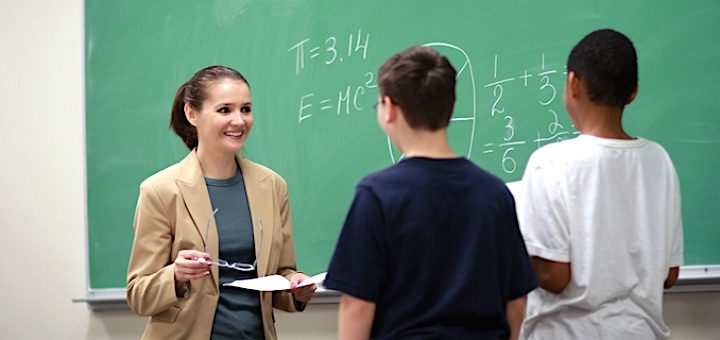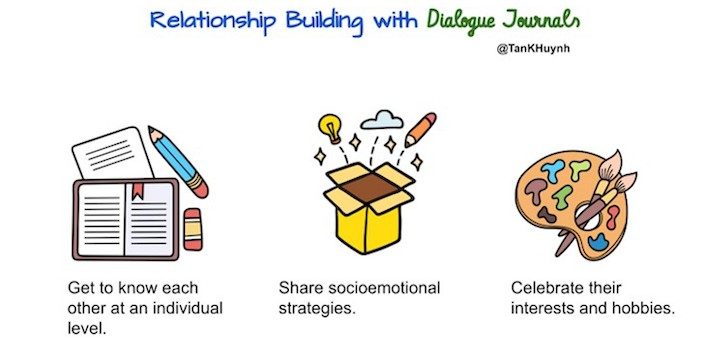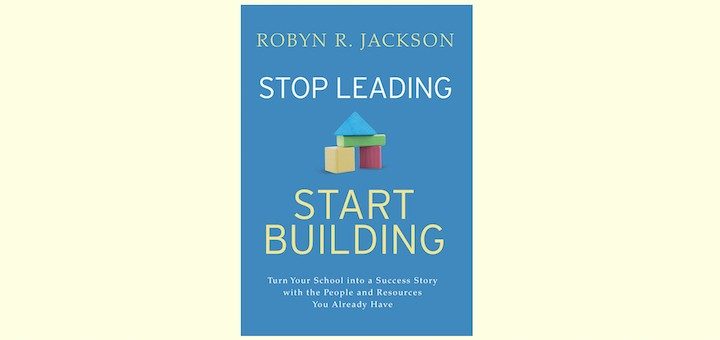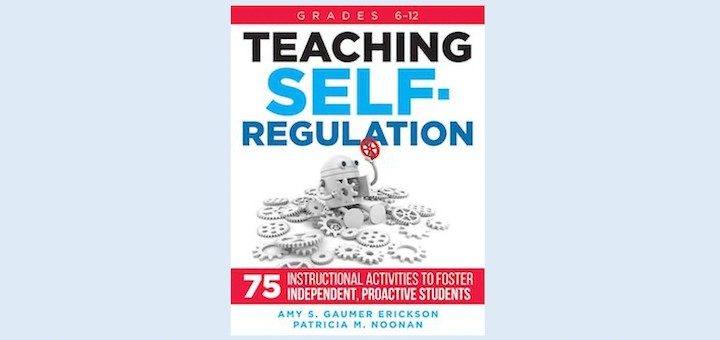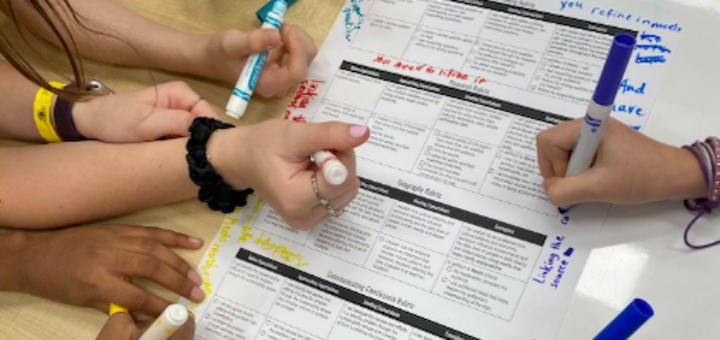Teaching and learning in grades 4-8
As Kathie Palmieri implemented the vocab ideas in Marilee Sprenger’s The Essential 25, she found her 5th graders showed greater confidence in their daily work and demonstrated increased word knowledge in their reading, writing and test-taking. She highly recommends the book.
Covid or not, ending school is always hard. To quell the stress and fatigue felt by her math students and herself, Michelle Russell is taking more time for quick fun activities. Students have enjoyed documenting the year, preparing tips for next year’s students, and playing math games.
A strengths-based approach to teaching multilinguals means understanding what students bring to schools. We can use dialogue journals to invite students to have a conversation with us about their strengths. Tan Huynh shares how he implements the weekly exchange of notes.
Every school leader needs a focused, intentional process to move a school from what it is to what it can become, writes veteran principal Frank Hagen. Robyn Jackson offers a “new way of thinking” through the phases of her Buildership Model and its 90-day iterative blueprints.
How do we help students question and verify what they read? It’s not that hard to check things out, writes media literacy expert Frank Baker, but teachers tell him many students today “won’t take the time to do even a cursory investigation.” Baker offers some teaching ideas.
We know how to get those same 6 students talking and raising their hand each day. But how do we engage every student in truly explaining their thinking and sharing their math reasoning? Middle grades teacher Mona Iehl shares 3 ways to structure questions that pull them in and keep them talking.
The “You do” phase of Gradual Release of Responsibility should give students many opportunities to reveal signs of mastery and indicators of readiness, with teachers serving in the role of “active observers.” Experts Sunday Cummins and Julie Webb guide us through the process.
In Teaching Self-Regulation, teacher educators Amy Erickson and Patricia Noonan show us how to combine explicit instruction and authentic deliberative practice with constructive feedback prompts to build students’ self-reflection and growth. Consultant Helene Alalouf is impressed.
Some students may not have school work high on their priority list after two years of watching their normal adolescent world fall apart. Right now they may be focused on surviving, writes school psychologist Katelyn Oellerich. “We need to be focused on helping them do that.”
The more students interact with the rubric, the more ownership they take over it, writes Megan Kelly. Once they feel empowered by the rubric, they can use it as a tool to accomplish their goals rather than a means of judgment, putting them on the same team as the teacher.

